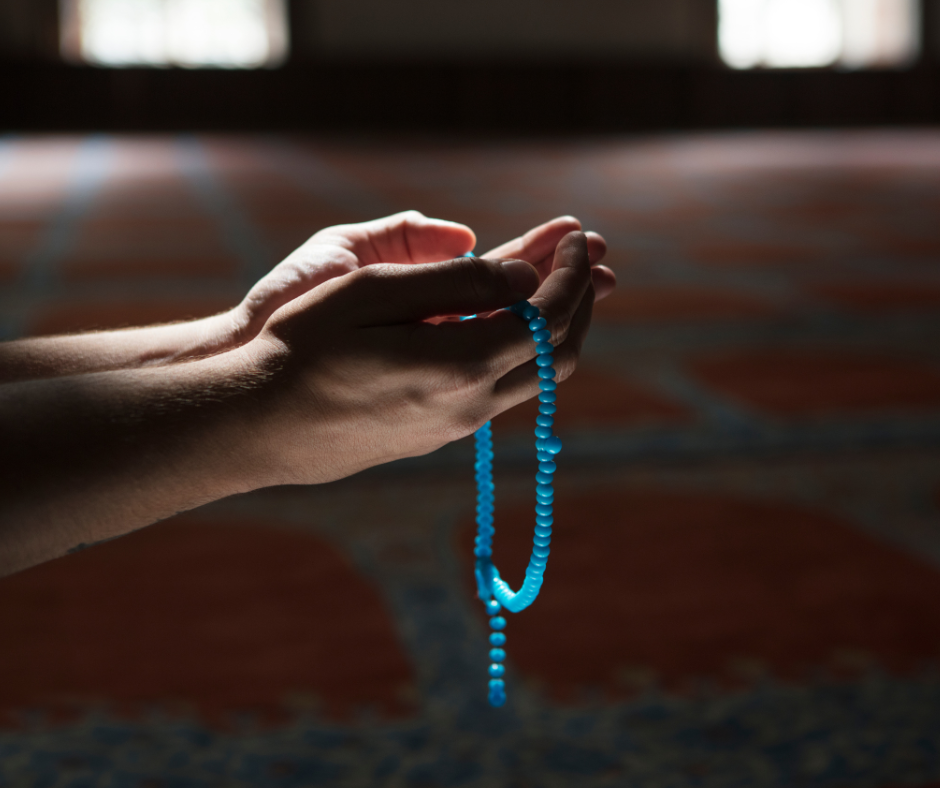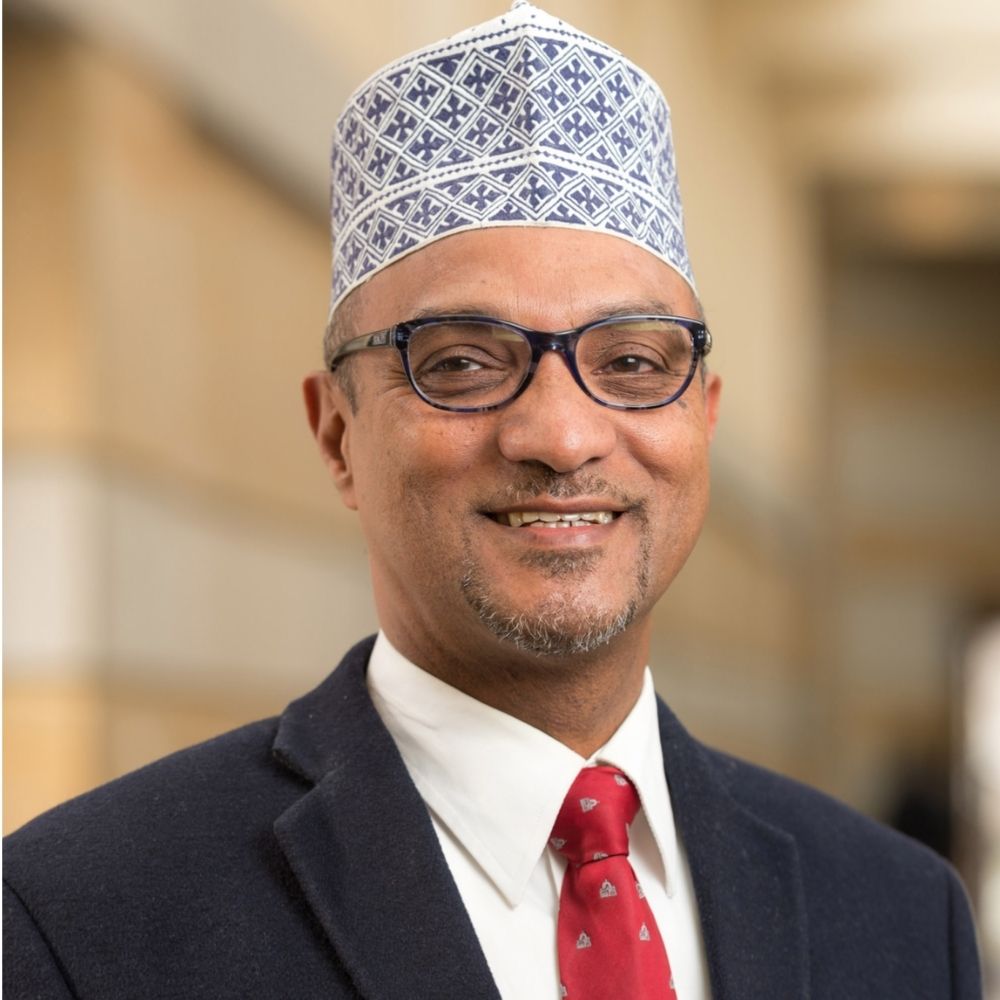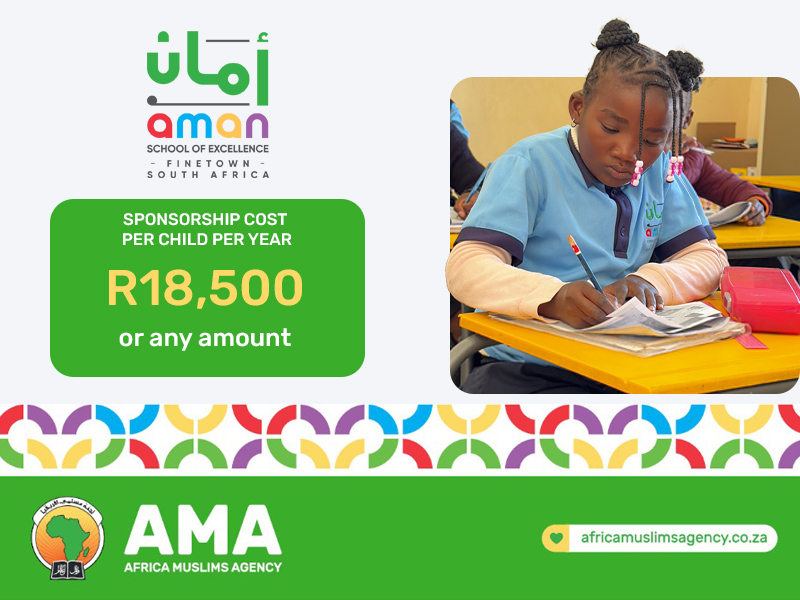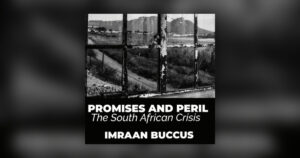

By Imam Dr. A. Rashied Omar
Recent developments in global markets, from escalating tariff wars to rising inflation and disrupted supply chains, remind us that economic policies and global power struggles have far-reaching consequences and can negatively impact and disrupt the lives of billions of people across the world. In such anxious times, we are reminded that true security cannot be found solely in free market forces or political power struggles. Rather, it lies in the resilience of our values and the spiritual clarity with which we live our lives. For Muslims, this clarity flows from a profound principle called tawakkul, a courageous trust in God coupled with a responsibility to act with integrity and purpose.
Islam has always taught that economics is not merely about profits, but about ethics. At its core is a moral vision: to earn, save, and spend in ways that reflect trust in the Divine, care for others, and commitment to justice. This is not abstract idealism. It is a practical path known in Islamic tradition as Adab al-Iqtisad, the ethics of economic life.
Rather than responding to economic uncertainty with fear or greed, Islam urges believers to act with spiritual awareness and compassion. It encourages us to be mindful of how we earn and use money, and to never forget our role as stewards, not owners, of the wealth entrusted to us. This sacred trust is emphasized in the Qur’an 57:7: “Believe in God and the Messenger and spend from that which He has made you trustees over.”
In other words, our property, income, and assets are not truly ours. They are a responsibility we hold on behalf of the Creator, to be used ethically and for the common good. With that trust comes accountability. This idea of stewardship is particularly powerful in times of financial strain. It reminds us to remain ethical and generous, rooted in the belief that provision (rizq) ultimately comes from God, not markets.
Another essential Islamic principle is that work itself is sacred. In today’s uncertain economy, where jobs can be scarce or unstable, it is critical to remember that honest labour is not only honorable, it is a form of worship. The Prophet Muhammad (pbuh) once kissed the hands of a man whose palms were blistered from hard work, praising him for earning his livelihood with dignity.
This teaching was echoed by the second Caliph, ʿUmar ibn al-Khaṭṭab (RA), who corrected a group of men who claimed they were “trusting in God” while refusing to work. He rebuked them, saying, “You are not those who trust in God, you are those who live off others.” Real trust in God, he taught, means taking action while placing your heart in divine care.
In the face of economic uncertainty, Islam offers a roadmap: live modestly, avoid excessive debt, and share what you can with those in need. The Qur’an 25:67, urges a balance in spending, neither miserly nor wasteful, but fair and thoughtful: “When they spend, they are neither extravagant nor stingy, but maintain a balance between the two.”
Debt, too, is treated with great seriousness. The Prophet Muhammad (pbuh) warned that all of a martyr’s sins could be forgiven, except their unpaid debts. Financial accountability is not just a personal duty, but a social and spiritual one.
Finally, in hard times, the temptation to hold tightly to one’s resources can be overwhelming. But Islam teaches that giving, even a little, opens the door to spiritual and communal healing. Charity (zakah and sadaqah) is both a purifier of wealth and a bridge between the affluent and the vulnerable. The Qur’an 2:261 promises: “The example of those who spend in the cause of God is like a seed which grows seven stalks, each bearing a hundred grains.”
These five principles, trust in God, honoring work, moderation in spending, ethical responsibility in debt, and generosity, form a resilient economic ethic. They remind us that financial challenges are not only crises of resources but opportunities to renew our spiritual and social commitments.
As we navigate this uncertain global economic environment, let us recall a beautiful prayer of the Prophet (PBUH): “O Allah, suffice me with what You have made lawful so that I have no need of what is forbidden, and make me independent by Your grace of all others.” (Tirmidhi). In turbulent economic times, our faith, when practiced with sincerity and compassion, becomes a lifeline. It offers not only personal strength but a path to economic justice, shared dignity, and hope.











